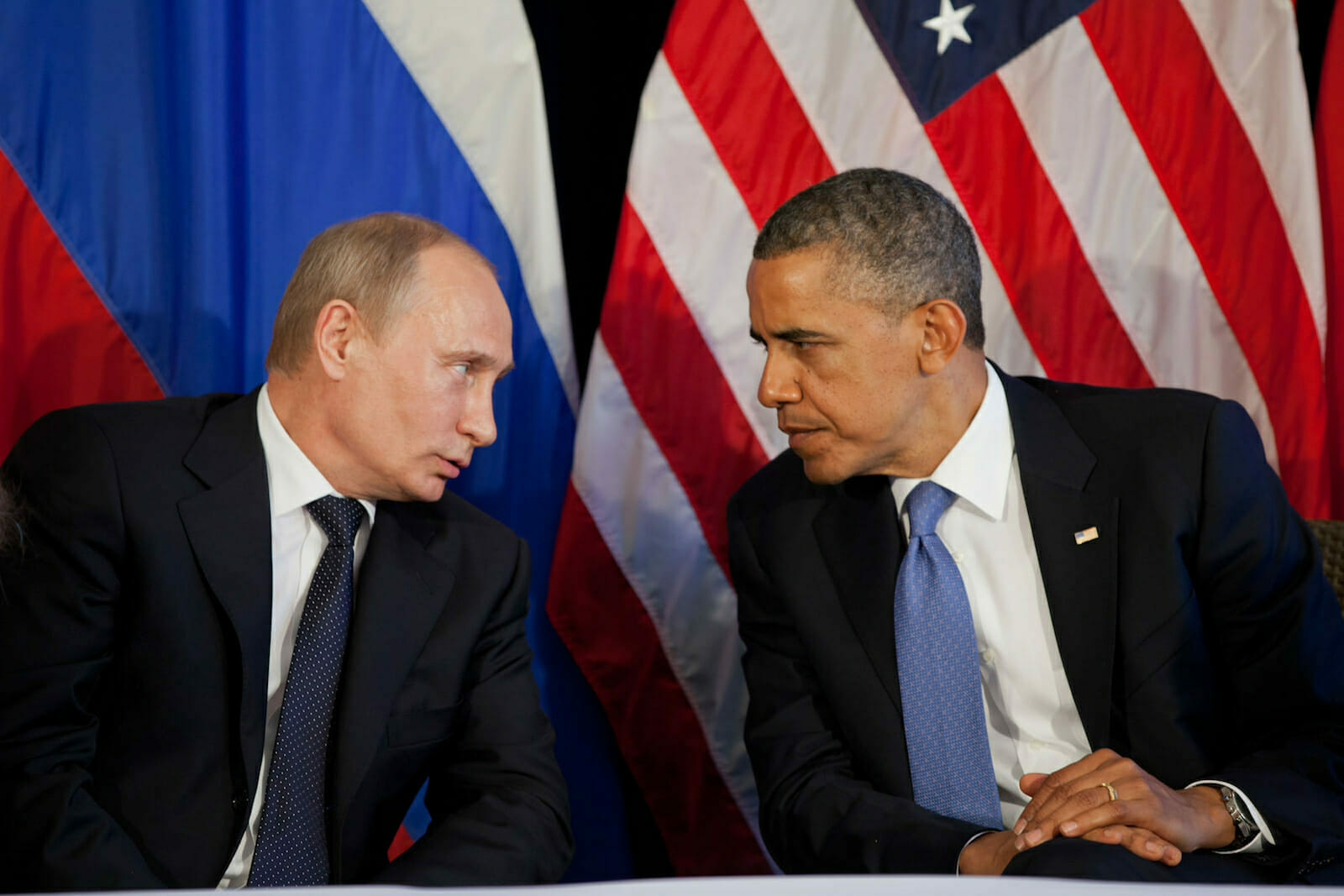
The Putin Reflex: Tangoing on the Corpse of International Law
“It is alarming that military intervention in internal conflicts in foreign countries has become commonplace for the United States. Is it in America’s long-term interest? I doubt it.” – President Vladimir Putin
Everybody’s mad about Russia’s President Vladimir Putin. Well, almost everybody. If his dummy is not carted about as a homophobic miscreant on comedy shows in the West then he is wagging his finger at the United States over Syria and worshiping the god of international law. And such wagging, it might be added.
What is it that stirred the blood so much? That New York Times column by the president titled “A Plea for Caution from Russia.” “We must stop using the language of force and return to the path of civilized diplomatic and political settlement.” As well he might: in a matter of days, the Russian president had latched onto a throwaway suggestion by U.S. Secretary of State John Kerry that Syria’s chemical weapons supply be effectively surrendered to international supervision. Moscow concocted and the Assad regime danced.
The first observation on Putin’s part is that the Syrian opposition, rather than the Syrian government, initiated the chemical attack. The second, that Russia “advocated peaceful dialogue enabling Syrians to develop a compromise plan for their own future.” Then, the issue of the United Nations.
“Preserving law and order in today’s complex and turbulent world is one of the few ways to keep international relations from sliding into chaos.” Trite observation in itself, but bound to send those on the Hill into apoplexy. Then, the rich rounding off: a barb against American exceptionalism. “It is extremely dangerous to encourage people to see themselves as exceptional.”
The column most certainly had its intended effect, finding its way right below the watermark. U.S. Senator Bob Menendez (D-New Jersey), chairman of the Senate Foreign Relations Committee “almost wanted to vomit.” Senator John McCain (R-Arizona) saw the remarks as an “an insult to the intelligence of every American.”
One dominant chord of criticism regarding Putin’s position in the New York Times is hypocrisy, though, of course, hypocrisy works in a myriad of ways. Thus, William Saletan in Slate huffs that “Putin, the president of Russia, wants to teach us about peace.” Such a “cute” gesture on his part; a “lecture on nonviolence from Syria’s chief arms supplier.” Then, a ramble through the woods about Putin’s pieties. The first target is Putin’s assertion that, while chemical weapons were used, there was “every reason to believe that it was used not by the Syrian army, but by opposition forces.”
The assertion is contested repeatedly. The Human Rights Watch report from Tuesday argues that the weapons used in the August 21 attacks – surface-to-surface rocket systems 330mm in diameter and Soviet-era 140mm surface-to-surface rocket system could only have been deployed by Assad’s forces. Certainly, the body of evidence mounts, though sceptics are still entitled to say “WMD” to the hawks.
The ghosts of invisible weapons past remain strong. None of this whodunit nonsense detracts from the fundamental premise that punishment through means of a strike could still upset the applecart further. Putin’s critics latch on to his knotty observations of the “facts” while moving with jittery promise towards conflict. And they can’t quite accept the chess manoeuvring that has, at least for the moment, delayed a strike. After all, Washington can’t unleash the dogs of war on a government willing to surrender its lethal chemical capability, can it?
Then, the issue of protection – is Putin for the tender being that is international law or the brutal Syrian regime? Certainly the latter, with ample evidence from those close Russia-watchers at the Finnish Institute of International Affairs, and the UN’s Independent International Commission of Inquiry that Syria is well stocked with Russian material.
Again, none of this criticism addresses the fundamental ping pong hypocrisy taking place. Putin’s stance may not be a credible one in its nostrums about international stability, but it cannot be discredited by U.S. steadfastness in observing the laws of international conduct either. Powers present and past have used doctrines of legality to justify acts of gross illegality.
Other observations have noted the “real reasons” behind Putin’s effort. Patrick Reevell in Rolling Stone claimed that moral high ground, unusual terrain for the president, had been grabbed and savoured. Russia’s “proposal last week that Syria’s government place its chemical arsenal under international control has turned the situation on its head.” Suddenly, the thug made good. An olive branch had been offered, and an Obama administration already equivocal about the deployment of force ran with it. How far they fall, the moral and the mighty.
Putin, in contrast, is the one to rise. “So now it’s back to the war,” observed Jonathan Spyer in The Jerusalem Post. “The Russian weapons lifeline to the autocrat is buzzing with increased activity.” Spare parts for the Assad war machine are being supplied. The killing shall continue and the other powers shall wait to see if Assad surrenders even a portion of the chemical arsenal.
While international law is not necessarily being protected by Russian interests, it is hardly being protected by the U.S. arsenal’s sanctimonious deployment. The laws of international engagement do tend to fall irritably silent at junctures, and we are seeing how Russia and the United States are fighting a phony conflict on how best to engage – or disengage – from them. It takes two, and sometimes more, to tango on the corpse of international law.

